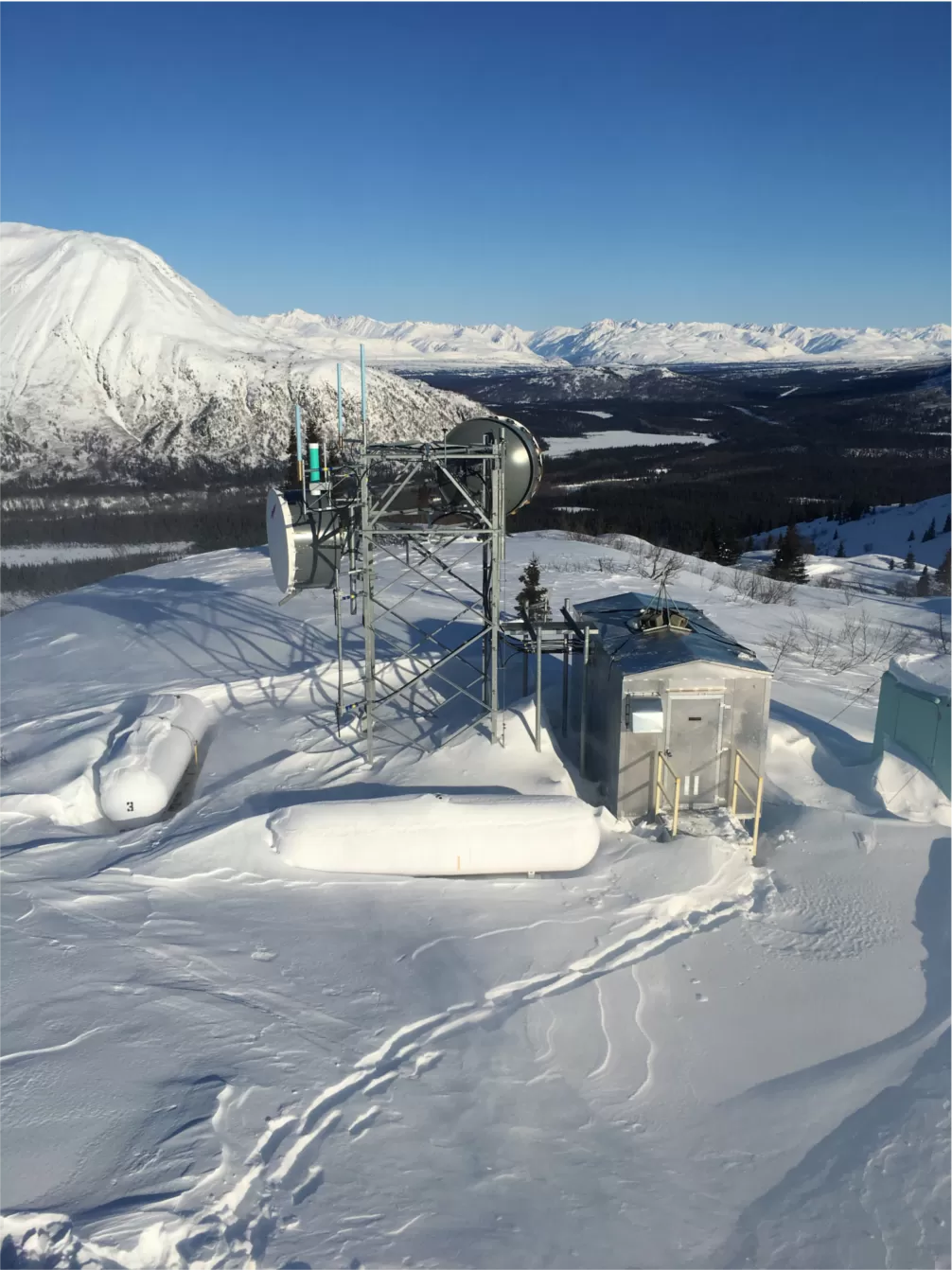Check out our White Paper Series!
A complete library of helpful advice and survival guides for every aspect of system monitoring and control.
1-800-693-0351
Have a specific question? Ask our team of expert engineers and get a specific answer!
Sign up for the next DPS Factory Training!

Whether you're new to our equipment or you've used it for years, DPS factory training is the best way to get more from your monitoring.
Reserve Your Seat TodayThe best propane tank monitor isn't a single product for everyone. The correct answer to that question is going to vary based on your individual situation and circumstances.
That's why I'm going to describe for you several scenarios so you can determine which one most closely resembles you.
This is where my experience on this topic comes from. At DPS Telecom, we've deployed propane and diesel monitoring systems at thousands of remote sites over the past 30+ years. These range from single-tower telecom huts to utility networks with over 1,000 monitored locations. When I recommend equipment for professional applications, I'm drawing from decades of real-world deployment experience. This is usually part of a broader monitoring device that simultaneously monitors the generator status and other equipment alarms.
Let's take a look at the core components of a typical professional-grade system that will monitor your propane tank.
The difference between professional-grade and consumer systems becomes clear when you consider longevity and reliability requirements. We have NetGuardian RTUs that have been monitoring propane tanks continuously for 20+ years at remote mountaintop sites. That level of reliability matters when you're responsible for keeping 911 service online or preventing multi-million dollar equipment failures:
In a DPS context, we frequently implement propane tank monitoring systems that include these specific devices:

These solutions can vary in price from less than $1000 for the smallest possible RTU to much more if many large sites are involved.
In any case, quality is much more important than price reduction in a serious telecom context. You're providing important service for your employees and/or the public. Your uptime directly impacts 911 service, the power grid, police, fire departments, EMS, etc.
When you're shopping for propane monitoring equipment, ask your vendors whether they've done this kind of thing before. Who manufactures their hardware? Who writes their software?
Finally, choose a company that can provide you with good technical support. A lot of the time, when there's an issue with propane tank monitoring systems, it's because of incorrect installation - not the actual hardware or software. Nobody benefits if your propane tank runs dry, so make sure you're working with people who know what they're doing and will give you tech support without charging a fortune.
When it comes to installing the monitor, there are several options available. You can mount it using straps, magnets, or brackets, allowing for flexibility based on your tank's setup. This versatility ensures that the unit can be securely installed on virtually any tank configuration.
If you need it, turn-key installation service is also a way to make sure everything is set up correctly. You don't want a mountaintop site that's snowed in for the winter to run low on propane. By opting for professional installation, you guarantee that the monitor is mounted properly, preventing any potential mishaps.
Oddly enough, I also get a lot of inbound calls from homeowners who have watched my general overview video of propane tank sensor technology. This wasn't my intention when I published that video for my clients at DPS, but tank floats work the same no matter the scale of your operation or home.
After a few calls, I located a monitoring system from a company called TankUtility. I tend to see it retailing for $200, and it's where I've been directing consumers who call me to ask about the best propane monitoring system for them. For most of these consumer applications, a $1000+ system is a non-starter.
If you're looking to monitor a propane tank at your home or business, then you don't need the same level of monitoring as commercial sites. A simpler and more affordable solution is to get a wireless tank monitor. These integrate seamlessly with your home's wireless internet and generally run on a built-in battery.
From a selfish perspective, I also don't have to worry about any loss to my core business. WiFi is not often available and frequently undesirable at telecom equipment sites where security is a concern.
One group that I haven't really been able to help much has been the RV owners who have called me after watching my propane-sensor video. Probably about 25% of my inbound calls from consumers have been from people with RVs.
I have been able to explain my experience in propane monitoring and offer guidance to those with advanced electronic skill (ex. "0-5 VDC is the output you can expect from many sensors"), but I have not found anything easily available after a bit of searching.
That's why, if you've landed here and have an RV, I recommend that you contact your RV maker for a solution. Most of the people who contact me have an existing gauge that is broken, so the original vehicle manufacturer must have some kind of option for you.
There also are likely some options available from third-party manufacturers. My search has not been exhaustive, so you may well find something.
It's impossible for me to write an article that covers 100% of the criteria you need to think about to select the best possible propane monitoring device for your specific situation. If you still have questions or uncertainty, your best next step is to just give me a call.
I'll talk to you about what you know so far and ask you some questions to fill in the holes in your plan. After learning about your situation, I'll be able to recommend a system that will provide excellent monitoring of your propane tank for years to come.
To speak with me about propane/diesel monitoring (or remote monitoring in general), call me at 1-800-693-0351 or email me at sales@dpstele.com

Andrew Erickson
Andrew Erickson is an Application Engineer at DPS Telecom, a manufacturer of semi-custom remote alarm monitoring systems based in Fresno, California. Andrew brings more than 19 years of experience building site monitoring solutions, developing intuitive user interfaces and documentation, and opt...